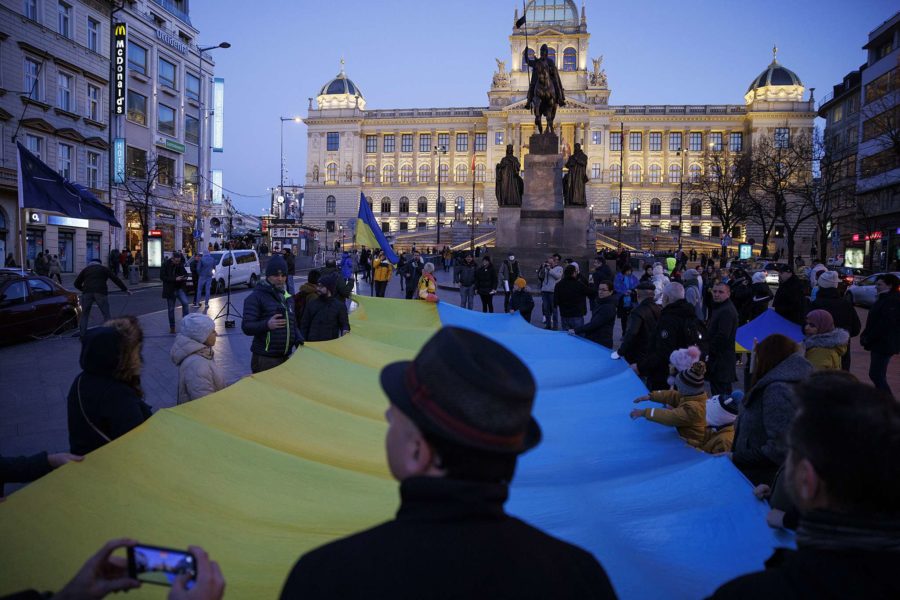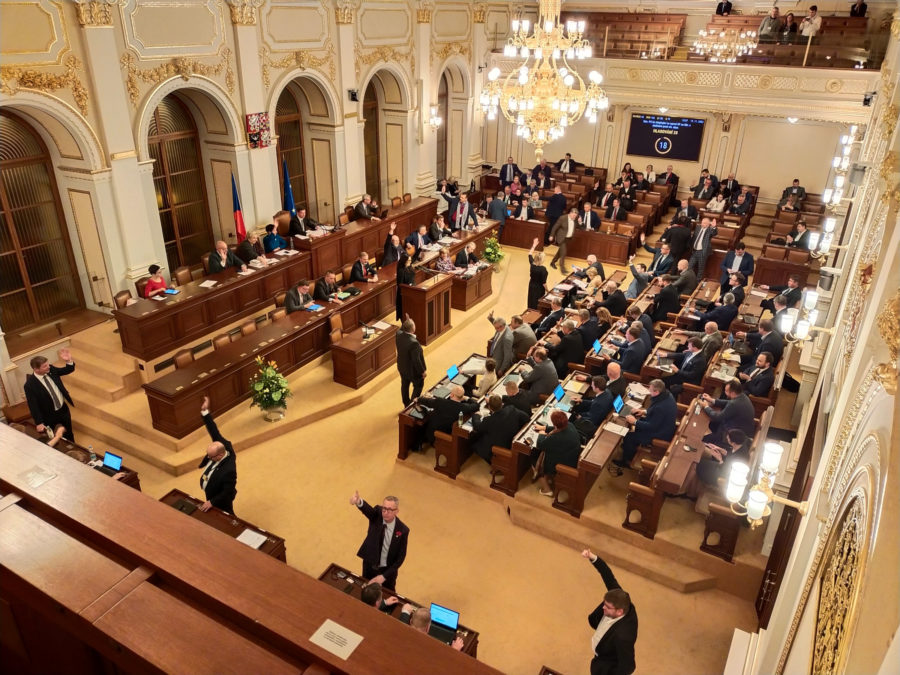Czechia will again propose restricting the movement of Russian diplomats in the Schengen area, Czech Foreign Minister Jan Lipavský said after the arrest of two Russian agents in Germany on suspicion of espionage and planning of attacks, according to EurActiv.
German federal prosecutors detained two suspected Russian spies in Bavaria last week, alleging espionage and plotting attacks on military targets to weaken support for Ukraine. German officials believe Russia is actively recruiting intelligence operatives to conduct new attacks within Germany.
The prosecutor’s office described the involvement of the two individuals as “a particularly serious case” due to their affiliation with a foreign intelligence service. The main suspect is accused of planning multiple explosive and arson attacks, primarily targeting military infrastructure and industrial sites in Germany.
Additionally, he faces allegations of being member in the “Donetsk People’s Republic,” an illegal Russian-backed entity on Ukrainian territory, from 2014 to 2016. German security authorities became aware of his activities for this entity, leading to the discovery of his alleged espionage activities, as reported by German public broadcaster ARD.
“Russian intelligence threat in Europe is a reality,” warned Lipavský in a social media post.
In light of Germany’s decision to summon the Russian ambassador and assert its stance against Russian terrorism on its soil, Lipavský voiced strong support for Germany’s actions. He emphasized his plans to address the matter of Russian agents during the EU Foreign Affairs Council meeting in Luxembourg.
“We must develop new instruments to tackle the Russian spy threat. On Monday at FAC, I will reiterate my proposals to curb Russian spies moving across Schengen. It could be achieved rapidly,” claimed Lipavský.
His country, Czechia, also has extensive experience with Russian spies, including those who were allegedly involved in the 2014 explosion at ammunition warehouses in the country.
Czechia has been actively advocating for tighter restrictions on the movement of Russian agents within the bloc, with proposals dating back to the autumn of 2023. While the Czech Foreign Ministry has refrained from commenting on ongoing negotiations, the country’s initiative has yet to garner unanimous support from all EU member states.
According to reports from Euractiv Czechia, concerns have been raised by some countries regarding potential violations of Schengen rules and the Vienna Convention on Diplomatic Relations that may come with the restrictions. Despite these reservations, Czech diplomatic sources confirmed in November 2023 that Prague was pushing for an agreement to limit the movement of Russian spies within the Schengen Area.
In response to the issues, the EU took stickier measures in 2022 to revoke visa facilitation privileges previously extended to Russian diplomats. However, they still retain the ability to obtain visas and travel freely across Schengen countries.
Under the new Czech proposal, Russian agents operating under diplomatic cover may face tougher restrictions on EU travel, limiting them to the country for which their visa was issued. Alternatively, the implementation of biometric passports for Russian diplomats at the EU level has been suggested, as these documents offer heightened security features, making them more challenging to counterfeit.
Read also:
- Politico: Chasiv Yar emerges Ukraine’s last stronghold line of defense in Donetsk
- Ukraine’s defense minister discusses air defense needs with Pentagon chief
- EU Foreign Ministers to discuss Ukraine’s defense needs in Luxembourg







